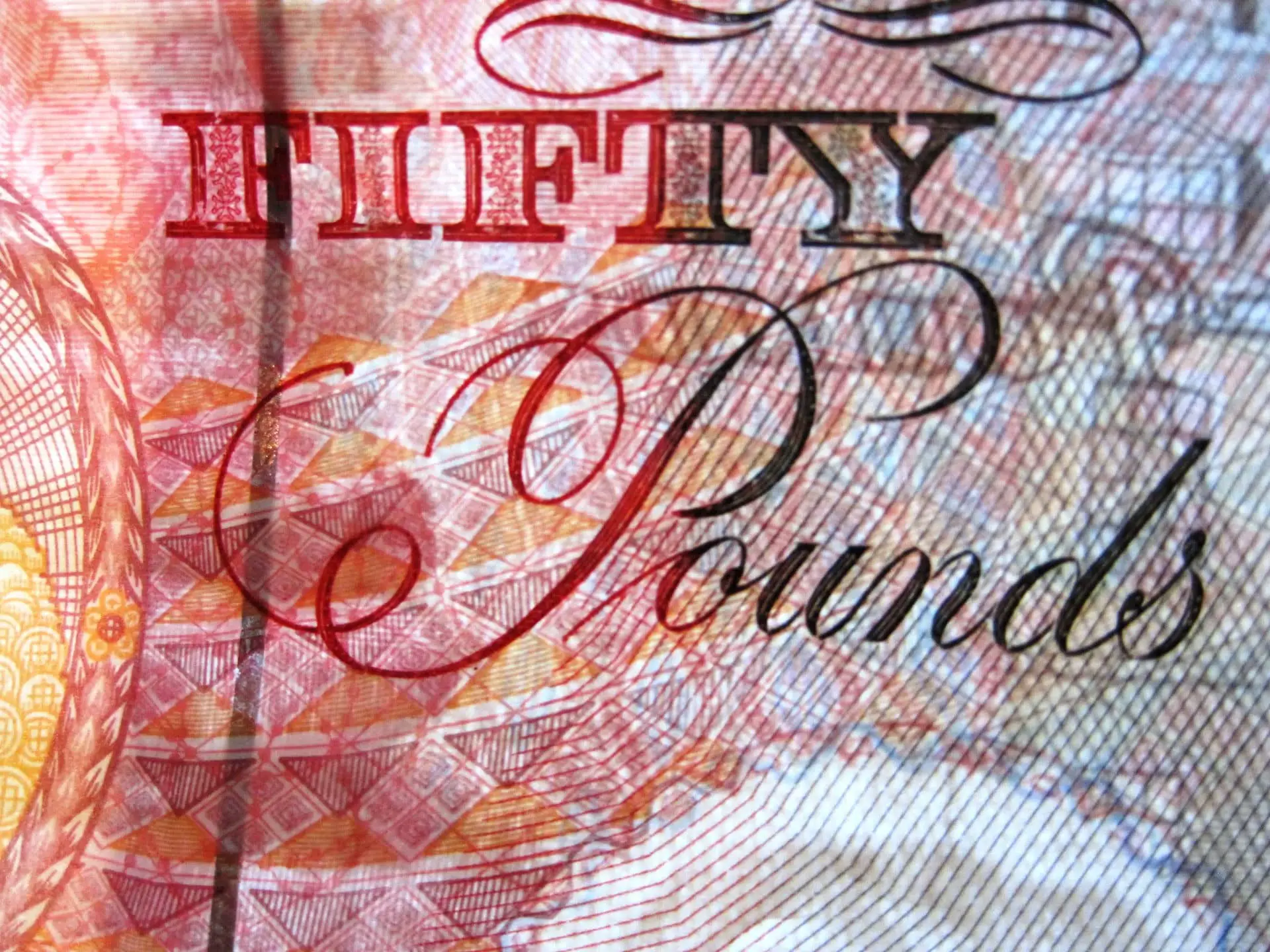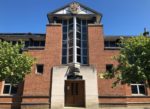Taxing second homeowners on the Isle of Wight could make the Island’s cash-strapped council more than £6 million a year.
It comes as national government looks to introduce powers for local authorities — like the Isle of Wight Council — to apply tax premiums on second homes and empty properties.
As of last month, there were 2,787 second homes on the Island and 135 empty properties, figures from the authority show.
Pay twice
If introduced, owners of a second home would pay 100 per cent more council tax, on top of what they already pay.
That would see another £6,090,784 put in the council’s pockets.
Empty property tax
Another tax premium could also be introduced for properties that have been empty for a year, in a bid to encourage more empty homes into productive use.
That would bring the council £286,894 a year.
The council’s cabinet is looking to support the government’s plans at its meeting next week.
Awaiting ‘Levelling Up’ bill
The authority cannot bring the tax premium in itself but has to wait until the bill (called the Levelling UP and Regeneration Bill) has been made law.
The charges could then be enforced from April 2024.
Struggle for 15,000 households
The Isle of Wight Council is looking to introduce the tax premiums as approximately 15,000 households struggle to accommodate themselves in the local housing market.
Since the pandemic, the council said 80 per cent of privately rented stock has become unavailable for long-term lets as well as an uptake in second home and short-term lets.
Negative impact on the availability of houses
The authority has said second home ownership on the Island is recognised to have a negative impact on the availability of houses to meet local housing needs.
The legislation has already been introduced in Wales and in 2021/22, nearly 29,000 homes paid the premium.
In some areas, the number of second homes has been reduced.
This article is from the BBC’s LDRS (Local Democracy Reporter Service) scheme, which News OnTheWight is taking part in. Some alterations and additions may have been made by OnTheWight. Ed
Image: Images Money under CC BY 2.0





